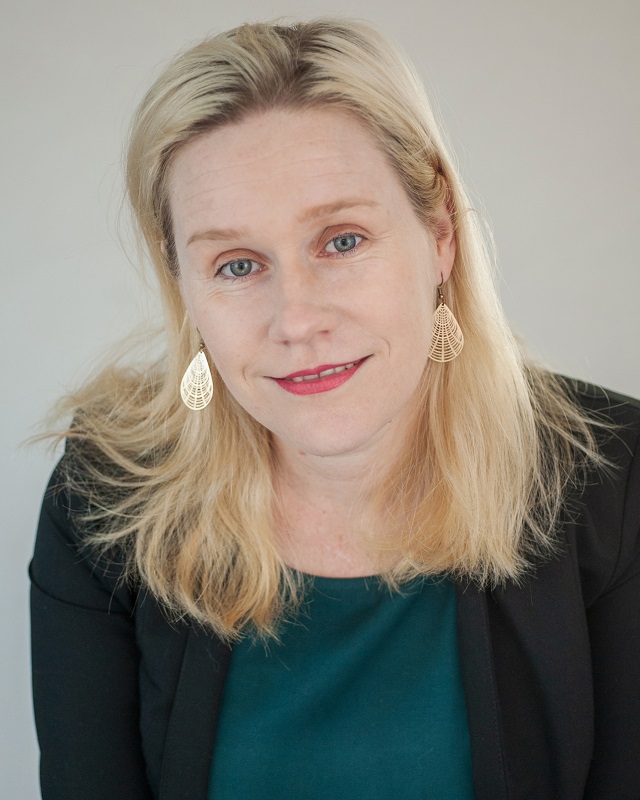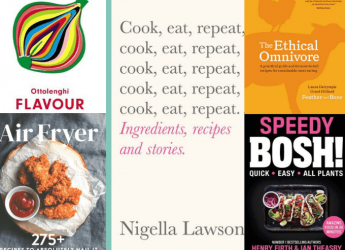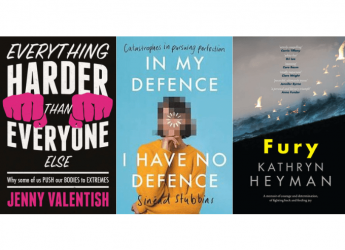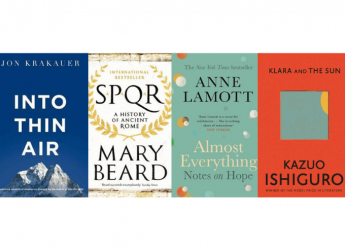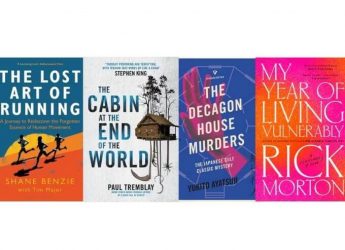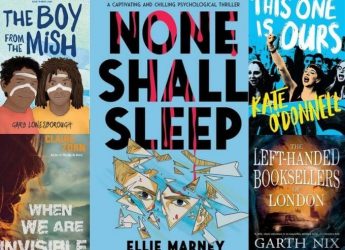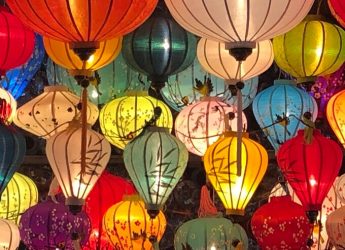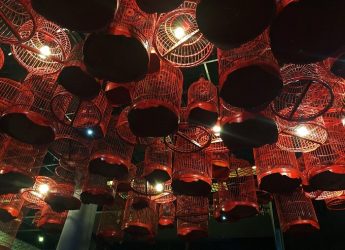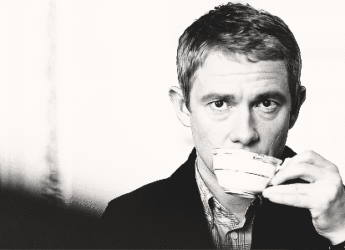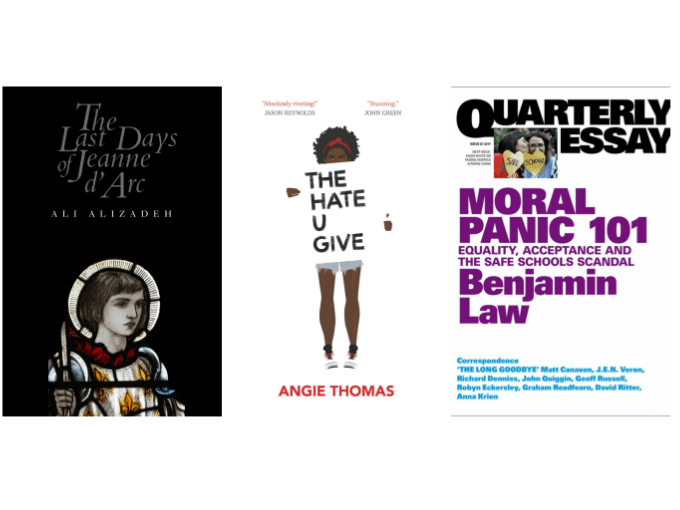
When I was perusing the bookshop at last month’s Melbourne Writers Festival, I was excited to see The Last Days of Jeanne d’Arc by Ali Alizadeh on the shelf. I admire his poetry – ‘Marco Polo‘ is one of my favourite poems – and was curious to explore his prose, which I hadn’t read, while learning more about the eponymous heroine. For although she has been canonised in the Catholic church, and despite my Catholic upbringing, I know little of her beyond what has passed into popular lore, and even that’s just through a variety of movie snippets. Now I’ve finished I can certainly recognise and understand just how pivotal a role she played for the French – a military (and morale) leader at a point in a war when they were very much on the backfoot. The final pages will stay with me. The reader is given a glimpse of what these places of execution look like today, how they appear among the contemporary tourist trade. It’s something I get struck by when visiting historically significant places – how can I be a respectful and responsible traveller? Is that even possible nowadays, in certain areas clogged to the brim, where locals want tourists to turn around and go home? I think this continued interest shows that the past is resonant and relevant.
I am about halfway through Benjamin Law’s essay Moral Panic 101: Equality, Acceptance and the Safe Schools Scandal in the latest edition of Quarterly Essay and I can see why it is getting so much deserved attention. One of Law’s talents has always been his ability to take topical, contentious topics and break them down to talk about in such a way that is both intelligent and accessible. This is an important text on an important issue. Here’s just one quote which explains why. From SBS:
Law argues that the silencing of young LGBTIQ people – a demographic with alarmingly high rates of suicide – and the assault on a resource designed to protect them, is part of a bigger picture.
“People feel a deep discomfort about the idea that kids have any cognisance or consciousness of their sexuality or gender and that to talk about it is to somehow influence kids into becoming transgender or gay,” he says. “The subtext in all of this, when you talk about the gay ideology, is that somehow you can turn kids out of their neutral heterosexual, cisgender identity into something that is abnormal and pathological. That’s a really deeply homophobic 1950s mindset that I thought was behind us.”
Finally, I have another highly-accoladed title beside me – The Hate U Give by Angie Thomas. A debut young adult (YA) novel, The Hate U Give opened at number one on the New York Times best-seller list and has been loved by every person I know who’s read it. While I’ve been avoiding reviews/commentaries (I try to for most books I read in case they reveal plot spoilers), I admit I’ve bookmarked this Salon article for later: “The Hate U Give”: Angie Thomas’ sensational debut novel should be required reading for clueless white people.
What are you reading this month?




